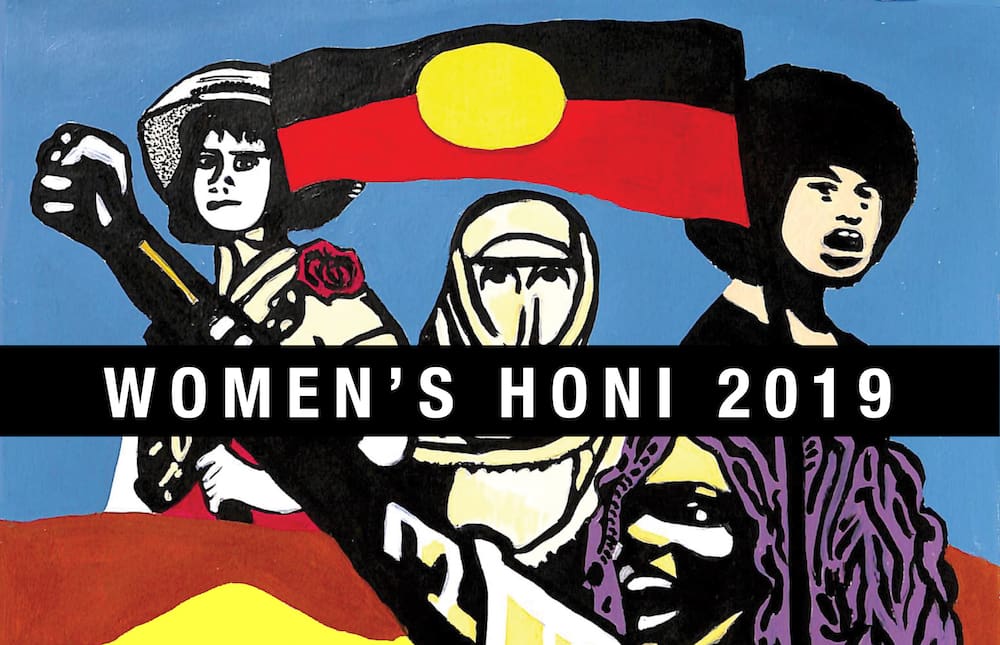There’s nothing worse than sitting down for a good vent about The Bachelor with a female friend, colleague, or favourite auntie when [insert condescending male acquaintance here] interrupts with the charming refrain: “The Bachelor? Really? I thought you were smart!”
The most immediately annoying thing about these kinds of comments is that they generally come from men who think that golf is real exercise, complaining about political correctness is good comedy, and cargo shorts count as clothing. These guys do not occupy the moral high ground of good taste, nor are they consumers of thoughtful and high quality media. It seems mean-spirited, then, to mock young women for their pleasure in unwinding and getting perhaps a little emotionally involved in something that’s not Serious High Art By Dead White Men (or a podcast).
It’s annoying for another reason. The Bachelor is undeniably a flawed and sometimes silly TV show. But it is also extremely watchable. The reason, at least in my experience, is that the women on the show are very fun. No one would watch an hour of the Mattchelor insipidly nursing a cup of tea and flexing his forehead vein. And seasons of The Bachelorette are inevitably masochistic to watch, with a line up of identically boring and freaky men failing to inspire. The women on The Bachelor, whether villainous or angelic, are frequently funny, sweet and/or interesting. Towards the end of each series they have backstories, complex emotions, and seemingly genuine friendships. It’s dismissive to say that watching interesting character development and emotional journeys is vacuous.
Unfortunately, The Bachelor does its excellent contestants a disservice. Whether through actual direction, or just ingenious editing and casting, the show robs the women it stars of their full personalities. It routinely confines people into convenient patriarchal boxes that provide drama and fairytale narratives but ultimately make for shallower TV.
On the last season, this manifested in the obsession with marriage and kids. Matt, blurring the line between Nerdy Man and Soviet State Planning Committee, had a concrete 5 year plan for his life, wherein a wife and kids were a certainty. This became a pervasive drama throughout the show. Most notably, the persecution of Abbie was based on the bizarre idea that a woman can’t possibly be on the show for The Right Reasons™ if she doesn’t nervously check her biological clock every few minutes. It’s absurd that a 23-year-old not having her life meticulously planned out was framed, not as a non sequitur, but as a conniving betrayal. Matt’s date with Helena, where he asked her to plan their relationship on a confronting 10 year timeline, understandably freaked her out. Deciding on your imaginary child’s 7th birthday present before you’ve finished your second date is a bit much.
All this was compounded by the constant focus on Matt’s career, with endless astrophysics puns never letting the audience forget that the producers were proud of getting someone smart on the show. The Bachelorettes were also very qualified, with a couple of engineers interrupting the usual demographic of designers and models. Matt’s 5 Year Plan seemed as though it would come at the expense of these careers — which were at best ignored and at worst actively treated as disposable — not his. The show would have been better had it avoided this framing: it could have prompted serious conversations about domestic labour and gender roles within families, rather than pressuring the women to compete over how clucky they were.
The Bachelor (and admittedly the women on it) also suffers from a belief in an unwritten ‘girl code’ which punishes women for being insufficiently demure. It was this girl code behind the unreasonable demands that Abbie not kiss Matt, the anger at any girl fully participating in a group date, and the backlash unleashed for telling Matt about drama in the house. Ultimately, the girl code tries to enforce passivity, making it seem immoral to competitively participate in the show or to be overtly sexy. The Bachelor would be a better show if it stopped arbitrarily picking women to present as villains and creating conflicts over this girl code.
Watching The Bachelor exposes women to sexism from two sides: dismissiveness about viewers of reality TV being stupid; and the poor framing of women on the show. This may seem inconsequential, but the programme informs a lot of discourse in our society about love and romance. It might be a show full of heterosexual nonsense and wacky group dates, but it should at least do its contestants, and its viewers, justice.





